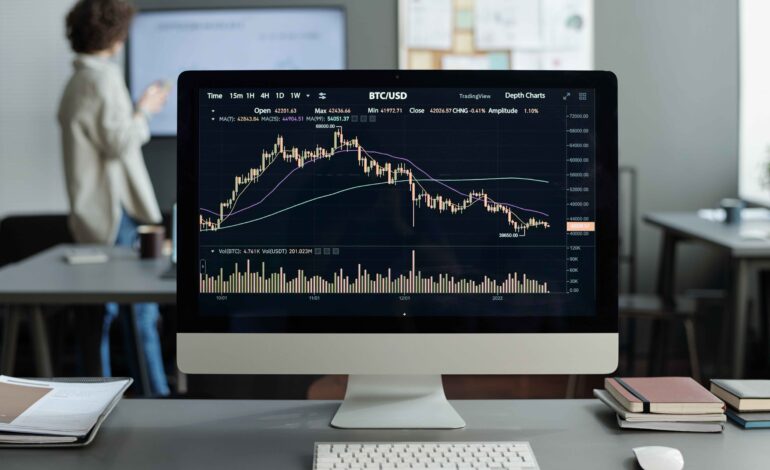(Bloomberg) — The size of the Federal Reserve’s expected interest-rate cut this week isn’t likely to make much difference to global investors still nervous about the risks from China’s economic slowdown, participants said at a recent regional forum. Ray Dalio, founder of Bridgewater Associates, said the Fed’s move “doesn’t make a difference” over the longer term because policy makers will have to keep real rates of interest low to deal with rising debt levels.
He further said the Fed needs “keep interest rates high enough to assure creditors of a real return but not so high that it burdens debtors.” Dalio told this in an interview to Bloomberg Television’s Haslinda Amin at the Milken Institute Asia Summit 2024 in Singapore on Wednesday.
The Fed is widely expected to declare a rate cut on Wednesday afternoon, after keeping rates at two-decade highs since spring. But investors remain divided between whether the central bank will cut rates a quarter point or a half point as officials try to engineer a soft landing for the economy.
You really need to be focused on a five- or ten-year timeframe,” said Capital Group Companies Inc. Vice Chair Jody Jonsson.
These return-to-office policies will change everything for the real estate industry, the damage may be as big as any interest rate change by the Fed, said Jonathan Goldstein, chief executive of Cain International.
But this slowdown is increasingly a concern to investors who are pushing for fiscal and monetary stimulus to hit the country’s growth target of about 5%. Fang Fenglei, founder and chairman of private equity firm Hopu Investment Management, said China was seeing “worse-than-expected scar effects” from the Covid-19 pandemic as reflected in slumping stock markets and foreign direct investment.
Meanwhile, Fang would counter that in the long run, stability would be favored by China’s top leadership rather than interest, contrary to investors who have been expecting more forceful measures in stimulus to get growth running again with their mindsets under some other kind of political economy where there is “people first.”.





